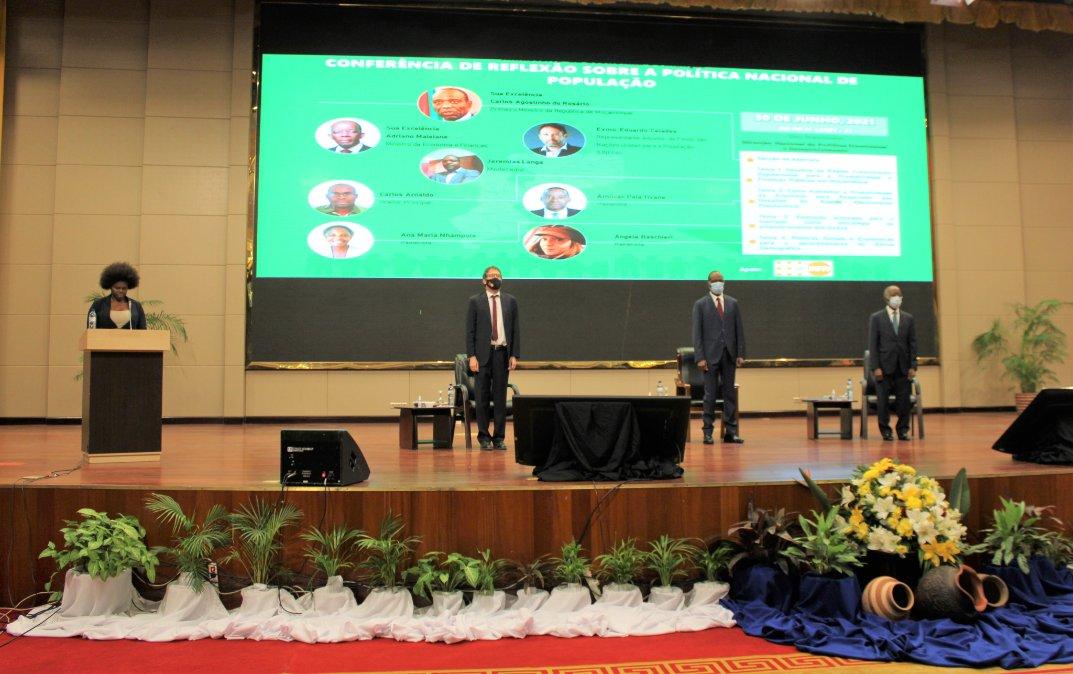Africa-Press – Mozambique. Mozambican Prime Minister, Carlos Agostinho do Rosario, on Wednesday said the country has recorded meaningful progress in the implementation of public policies, which led to the improvement of living conditions, 20 years after the adoption of the National Population Policy.
Addressing the opening session of a high level meeting on National Population Policy, in Maputo, Rosario said Mozambique adopted the population policy in 1999 in order to establish mechanisms which enable social and economic development to answer effectively the dynamics of demography, notably population growth.
“The National Population Policy is an integral part of the country’s national development strategy which contributes to improving the planning process as well as public policies to promote well being,” do Rosario declared.
Quoting data from the 2017 population census, do Rosario gave as an example the reduction in infant mortality rates to 67 per 1,000 live births in 2017 compared with 94 per 1,000 in 2007. In education, illiteracy dropped from 50 per cent in 2007 to 39 per cent in 2017.
As far as water supply is concerned, coverage reached 49 per cent of households in 2017, compared with 35 per cent in 2007. With regard to access to electricity, the coverage was 10 per cent in 2007 but in 2017 the figure grew to 22 per cent. Life expectancy was 49 years in 2007 and improved to 54 years in 2017.
However, in order to consolidate progress attained so far in improving the quality of life, Rosario urged stakeholders, such as civil society and the country’s cooperation partners, to pay special attention to demographic dynamics.
“One of the great challenges we face is to find solutions and create mechanisms which can allow us to answer social and economic constraints that may arise from rapid population growth,” Rosario said.
It was therefore important, he added, to commit further investments to health, job creation and the swift implementation of macro-economic policies which meet the expectations of younger generations.
The deputy representative in Maputo of the United Nations Population Fund (UNFPA), Eduardo Celadas, said the rapid population growth, at three per cent a year, poses increasing challenges to the country’s economy to respond to the demand for services and opportunities young men.
He said the fact that millions of young Mozambicans live in poverty and unemployment remains a great concern, as do the growing geographical, gender and economic inequalities, worsened by the Covid-19 pandemic.






